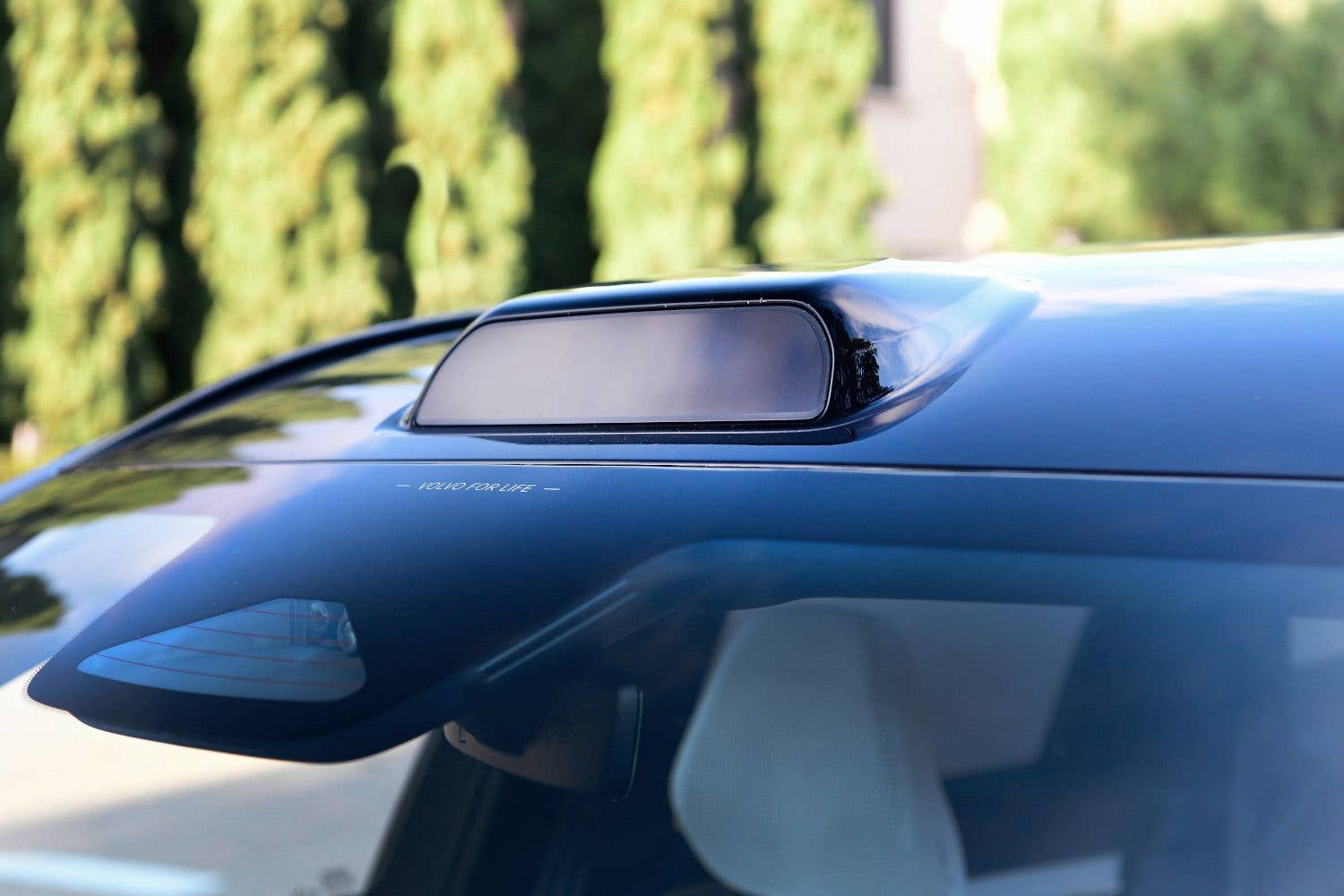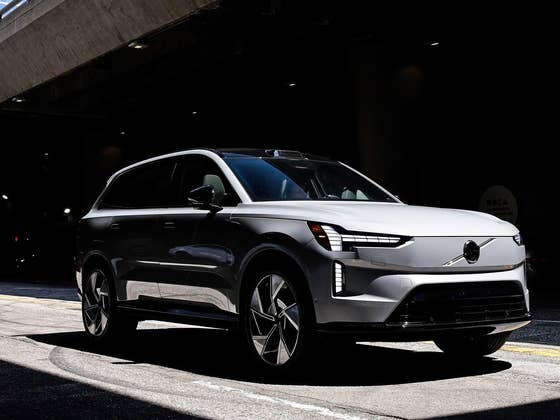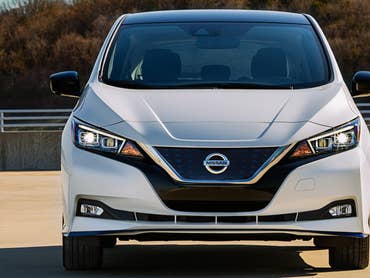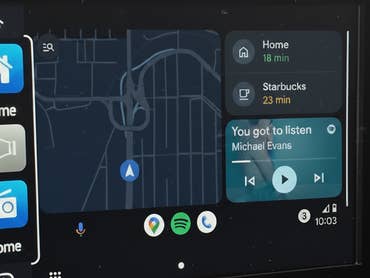Volvo EX90: LIDAR sensor can be dangerous for smartphone cameras
Imagine this: You grab your smartphone, zoom in to get the perfect shot of a brand-new e-car, and bang! Suddenly, your smartphone’s camera shows strange pink, purple, or blue spots. Sounds crazy, doesn’t it? Volvo has confirmed that this is exactly what can happen in a British support document on its homepage.
- Xpeng G6 Review: Is this Chinese EV a Tesla killer?
But how can such serious damage even happen? Quite simply, the Volvo EX90 has a laser-based LIDAR system installed that constantly scans its surroundings. This system emits infrared light waves that are reflected as soon as they hit an object. The LIDAR unit sits directly above the windscreen of the Volvo EX90 and can be dangerous for your smartphone camera if you get too close to the laser-based system.
If you stand in front of or next to the car and photograph it using the camera’s zoom capability, the laser can cause some serious damage to your smartphone camera. Reddit and YouTube, among others, are already full of reports detailing the problem. Affected users report that their camera was permanently damaged after just a single shot. Apparently, the telephoto lens focuses on the light emitted by the LIDAR system so strongly that the image sensor is permanently damaged.

Tip: Don’t get too close to the LIDAR sensor with your smartphone camera
The good news? Photos captured from a greater distance have not exhibited such issues. If you still insist on taking a close-up of the LIDAR sensor, we’d highly recommend you avoid doing so! The whole exercise is particularly tricky because Volvo uses a particularly high wavelength of 1,550 nanometers. As a comparison, other manufacturers normally use only 905 nanometers.
- Smart #3 Brabus Review: A stylish EV with Mercedes DNA
Finally, the question arises: Are LIDAR sensors also dangerous to the human eye? No, fret not, as the LIDAR system is not harmful to your eyes. The sensors comply with Class 1 laser regulations. Nevertheless, staring directly into a LIDAR sensor for a long time is probably not the best idea.
So, dear car photographers, it’s better to keep your distance before you accidentally and irrevocably damage your beloved smartphone or professional camera with a telephoto or zoom lens.





